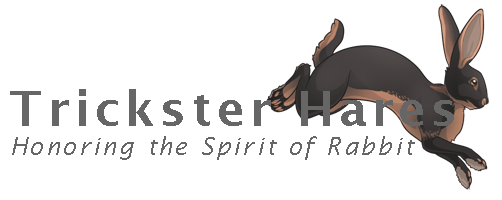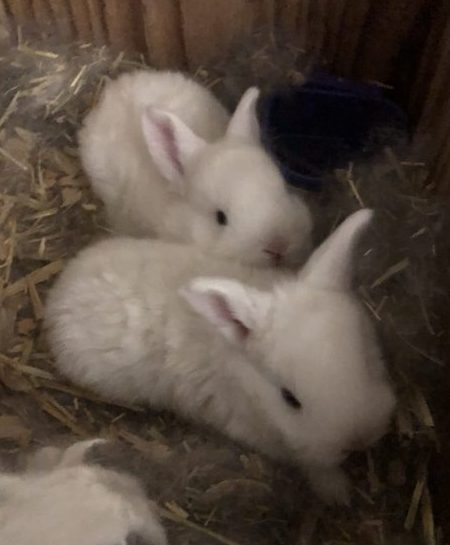Yes, we’re still raising Beveren and Belgian Hares, through the coronavirus pandemic, RHD rabbit pandemic, and, well, 2020. We have not been out to shows since 2019, because of all the above. It was a rough year of too many rabbits as we had bred for the West Coast Classic and National Convention! Our home… Continue reading Raising Rabbits during the Plague
Category: Rabbit Health
End of the Year Review & Updates
While it may seem we’re pretty quiet over here on the farm, I’d like to assure you we aren’t! We’ve just found Facebook to be a more interactive outlet for easily posting news, animals for sale, and updates around the farm. If you are on Facebook, please “Like” our page, and make sure you are… Continue reading End of the Year Review & Updates
Medicinal Herbs for Rabbits
This is a fabulous post on Rise and Shine Rabbitry about great herbs to use with rabbits: MEDICINAL HERBS FOR RABBITS

